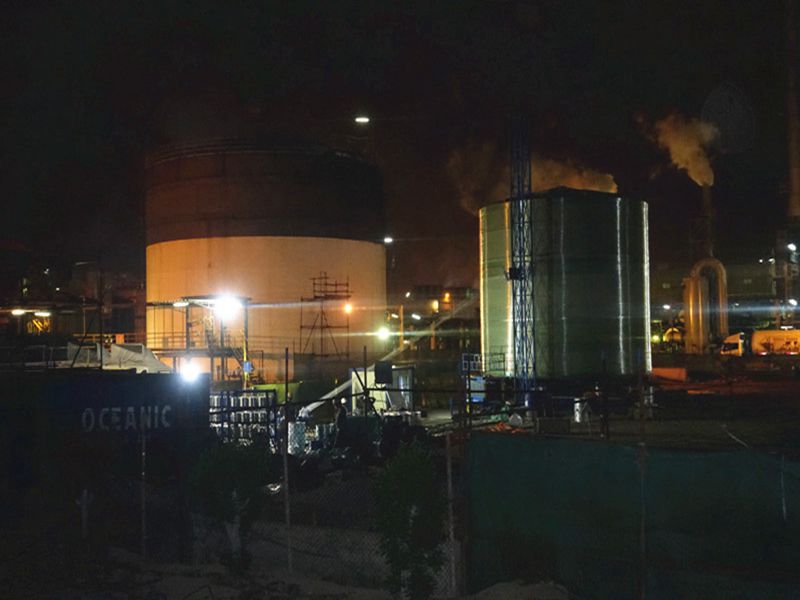
-
 Afrikaans
Afrikaans -
 Albanian
Albanian -
 Amharic
Amharic -
 Arabic
Arabic -
 Armenian
Armenian -
 Azerbaijani
Azerbaijani -
 Basque
Basque -
 Belarusian
Belarusian -
 Bengali
Bengali -
 Bosnian
Bosnian -
 Bulgarian
Bulgarian -
 Catalan
Catalan -
 Cebuano
Cebuano -
 China
China -
 China (Taiwan)
China (Taiwan) -
 Corsican
Corsican -
 Croatian
Croatian -
 Czech
Czech -
 Danish
Danish -
 Dutch
Dutch -
 English
English -
 Esperanto
Esperanto -
 Estonian
Estonian -
 Finnish
Finnish -
 French
French -
 Frisian
Frisian -
 Galician
Galician -
 Georgian
Georgian -
 German
German -
 Greek
Greek -
 Gujarati
Gujarati -
 Haitian Creole
Haitian Creole -
 hausa
hausa -
 hawaiian
hawaiian -
 Hebrew
Hebrew -
 Hindi
Hindi -
 Miao
Miao -
 Hungarian
Hungarian -
 Icelandic
Icelandic -
 igbo
igbo -
 Indonesian
Indonesian -
 irish
irish -
 Italian
Italian -
 Japanese
Japanese -
 Javanese
Javanese -
 Kannada
Kannada -
 kazakh
kazakh -
 Khmer
Khmer -
 Rwandese
Rwandese -
 Korean
Korean -
 Kurdish
Kurdish -
 Kyrgyz
Kyrgyz -
 Lao
Lao -
 Latin
Latin -
 Latvian
Latvian -
 Lithuanian
Lithuanian -
 Luxembourgish
Luxembourgish -
 Macedonian
Macedonian -
 Malgashi
Malgashi -
 Malay
Malay -
 Malayalam
Malayalam -
 Maltese
Maltese -
 Maori
Maori -
 Marathi
Marathi -
 Mongolian
Mongolian -
 Myanmar
Myanmar -
 Nepali
Nepali -
 Norwegian
Norwegian -
 Norwegian
Norwegian -
 Occitan
Occitan -
 Pashto
Pashto -
 Persian
Persian -
 Polish
Polish -
 Portuguese
Portuguese -
 Punjabi
Punjabi -
 Romanian
Romanian -
 Russian
Russian -
 Samoan
Samoan -
 Scottish Gaelic
Scottish Gaelic -
 Serbian
Serbian -
 Sesotho
Sesotho -
 Shona
Shona -
 Sindhi
Sindhi -
 Sinhala
Sinhala -
 Slovak
Slovak -
 Slovenian
Slovenian -
 Somali
Somali -
 Spanish
Spanish -
 Sundanese
Sundanese -
 Swahili
Swahili -
 Swedish
Swedish -
 Tagalog
Tagalog -
 Tajik
Tajik -
 Tamil
Tamil -
 Tatar
Tatar -
 Telugu
Telugu -
 Thai
Thai -
 Turkish
Turkish -
 Turkmen
Turkmen -
 Ukrainian
Ukrainian -
 Urdu
Urdu -
 Uighur
Uighur -
 Uzbek
Uzbek -
 Vietnamese
Vietnamese -
 Welsh
Welsh -
 Bantu
Bantu -
 Yiddish
Yiddish -
 Yoruba
Yoruba -
 Zulu
Zulu
fiberglass storage tank
The Advantages of Fiberglass Storage Tanks
In various industries, the need for safe and efficient storage solutions is paramount. Among the options available, fiberglass storage tanks have gained popularity due to their unique properties and numerous advantages. These tanks are fabricated from reinforced fiberglass, a composite material composed of glass fibers and resin, providing an ideal solution for storing liquids, chemicals, and other substances.
One of the most significant benefits of fiberglass storage tanks is their excellent corrosion resistance. Unlike traditional materials such as steel or aluminum, fiberglass does not corrode when exposed to harsh chemicals or extreme weather conditions. This property makes it especially suitable for industries like oil and gas, water treatment, and chemical processing, where tanks are subject to aggressive environments. The longevity of fiberglass tanks, often exceeding 30 years with proper maintenance, means reduced replacement costs and less downtime, enhancing operational efficiency.
Additionally, fiberglass storage tanks are lightweight compared to their metal counterparts. This characteristic simplifies transportation and installation, allowing for quicker setup and reduced labor costs. The ease of handling fiberglass also contributes to its adaptability in various locations, including remote sites where heavy equipment may be limited. Furthermore, the design flexibility of fiberglass enables manufacturers to produce tanks in various shapes and sizes, catering to specific needs without compromising structural integrity.
Another advantage is the minimal maintenance required for fiberglass tanks. Unlike steel tanks, which may require regular painting to prevent rust, fiberglass surfaces are generally smooth and non-porous. This composition not only minimizes the accumulation of contaminants but also makes cleaning easier and more efficient. Consequently, operational costs are further reduced as the need for extensive maintenance schedules is lowered.
fiberglass storage tank

Fiberglass storage tanks also exhibit superior thermal insulation properties. This characteristic is crucial for industries that store temperature-sensitive materials, as it helps maintain consistent internal temperatures. Effective insulation can minimize the risk of freezing or overheating, thereby protecting the stored contents and preventing potential accidents or losses.
Moreover, safety is a significant consideration in the design of fiberglass tanks. They are less likely to crack or dent compared to metal tanks, which can lead to leaks and spills. Many fiberglass tanks are designed with built-in safety features, such as pressure relief valves and secondary containment systems, that further enhance their reliability.
Environmental concerns are also addressed with fiberglass tanks, as they can help minimize spillage and leaks, protecting the surrounding ecosystem. In today's world, where sustainability is a growing priority, choosing environmentally friendly materials is crucial for industries looking to improve their green credentials.
In conclusion, fiberglass storage tanks offer numerous advantages, including corrosion resistance, lightweight design, minimal maintenance, thermal insulation, and enhanced safety features. These qualities make them a superior choice for a wide range of applications across different industries. As businesses increasingly prioritize durability, efficiency, and environmental sustainability, fiberglass storage tanks are poised to play a pivotal role in future storage solutions.
Latest news
-
Exploring the Benefits of Top Hammer Drifter Rods for Enhanced Drilling PerformanceNewsJun.10,2025
-
High-Precision Fiberglass Winding Machine for GRP/FRP Pipe Production – Reliable & Efficient SolutionsNewsJun.10,2025
-
FRP Pipes & Fittings for Shipbuilding - Corrosion-Resistant & LightweightNewsJun.09,2025
-
Premium FRP Flooring Solutions Durable & Slip-ResistantNewsJun.09,2025
-
Premium Fiberglass Rectangular Tanks Durable & Lightweight SolutionNewsJun.09,2025
-
Tapered Drill String Design Guide Durable Performance & UsesNewsJun.09,2025









